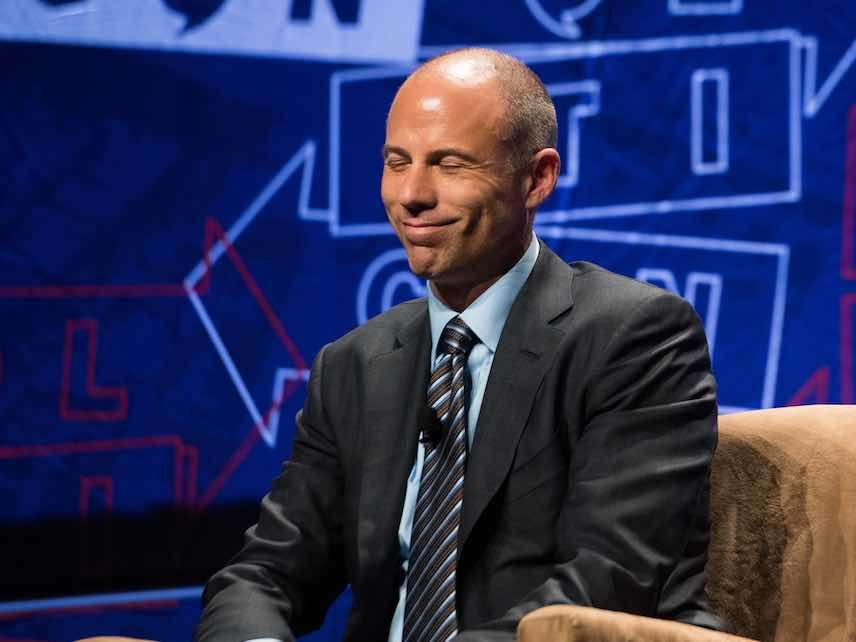Planned Parenthood and NARAL: 'We Still Believe Julie Swetnick'
Activists assert that we must believe all alleged victims-even those who lost our trust.
Julie Swetnick, the woman who accused Brett Kavanaugh of sexual misconduct but then contradicted her sworn statement, lost the confidence of many. But she still draws support from her lawyer, Michael Avenatti, and from certain pro-choice activist groups, including Planned Parenthood and NARAL.
Indeed, Planned Parenthood tweeted this on Thursday:
We still believe Julie Swetnick. #BelieveSurvivors
— Planned Parenthood Action (@PPact) October 25, 2018
NARAL retweeted it.
Recall that Swetnick was confused about the timing of Kavanaugh's nomination, changed her mind about whether she specifically saw Kavanaugh spiking girls' drinks, borrowed key phrases from the more plausible allegation made by Christine Blasey Ford, and offered witnesses who were deceased, unavailable, or had no idea what she was talking about. The Senate Judiciary Committee has referred her and Avenatti to the Justice Department, and wants the pair investigated for potentially making false statements.

Swetnick's accusation, simply put, is not credible. It may never be definitively shown as false—and she shouldn't be subjected to formal reprisals unless it is—but the information we have severely undercuts the story. To believe Swetnick now is to disregard the facts and embrace blind faith.
I have often criticized fourth-wave feminism for doing just this: asserting that we must always and automatically believe self-professed victims of sexual assault. In response, critics sometimes tell me that the activists do not literally mean to believe all survivors—they only want society to show women respect, hear them out, and not dismiss their claims.
No doubt there are some activists for whom the hashtag "believe survivors" means just this. But activist groups like Planned Parenthood and NARAL that continue to side with Swetnick and Avenatti are implying that they mean "believe survivors" in the literal sense—that belief, not mere respect, is what intersectional progressivism requires.
This is a very mistaken idea because false accusations do happen, rare though they may be. (The truth is, we really have no idea how common they are.) We should not callously disregard or distrust every accuser, and neither should we presume that every single person claiming victim status is as pure as driven snow.


Show Comments (131)